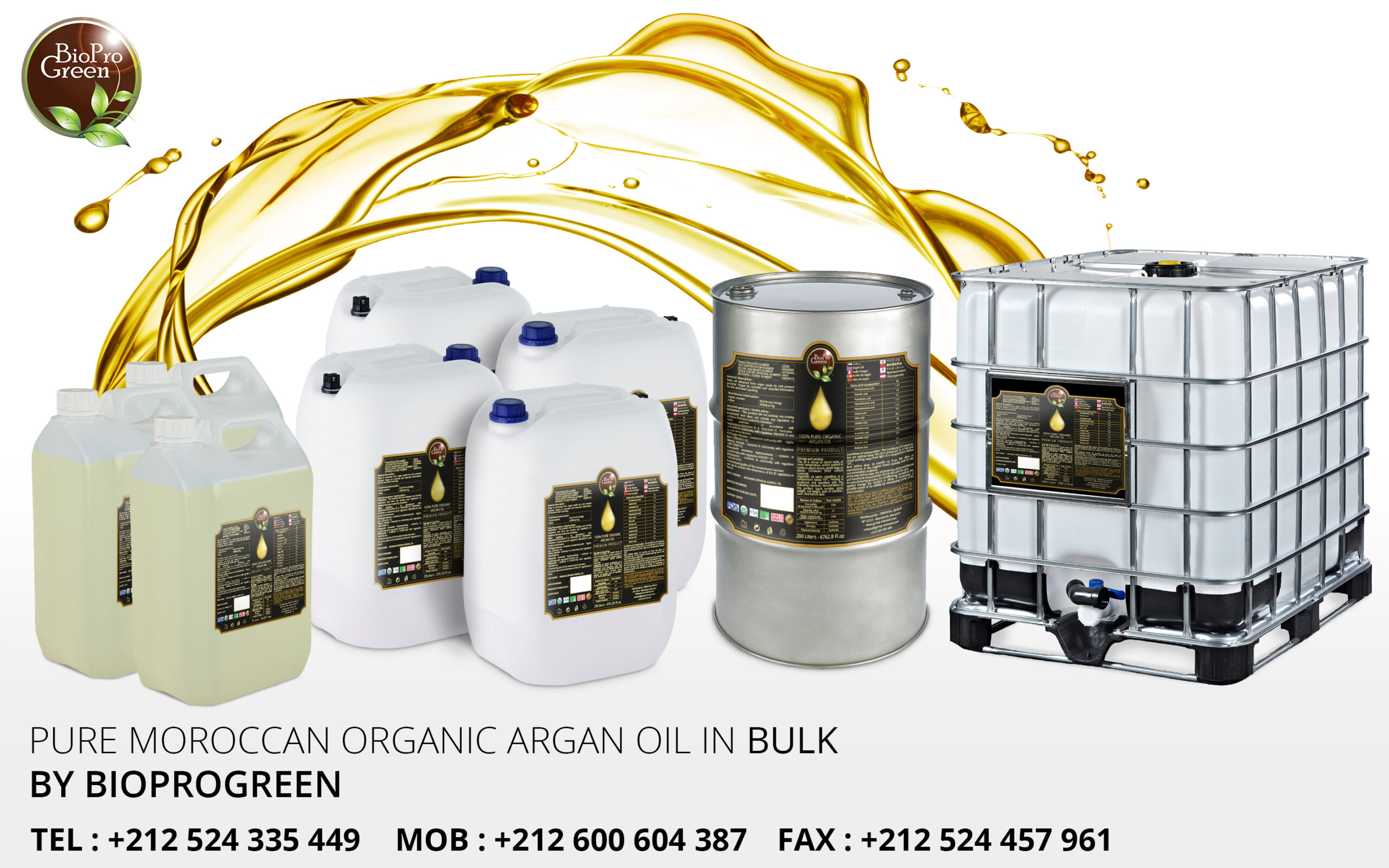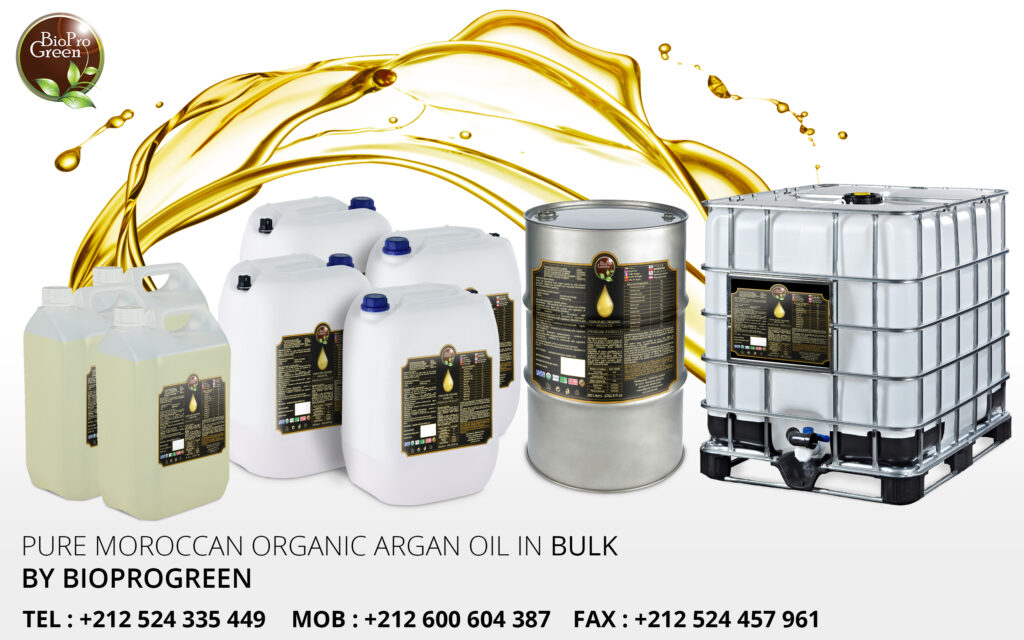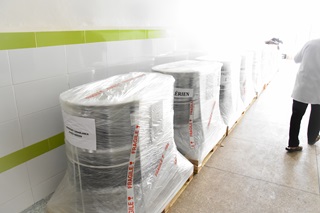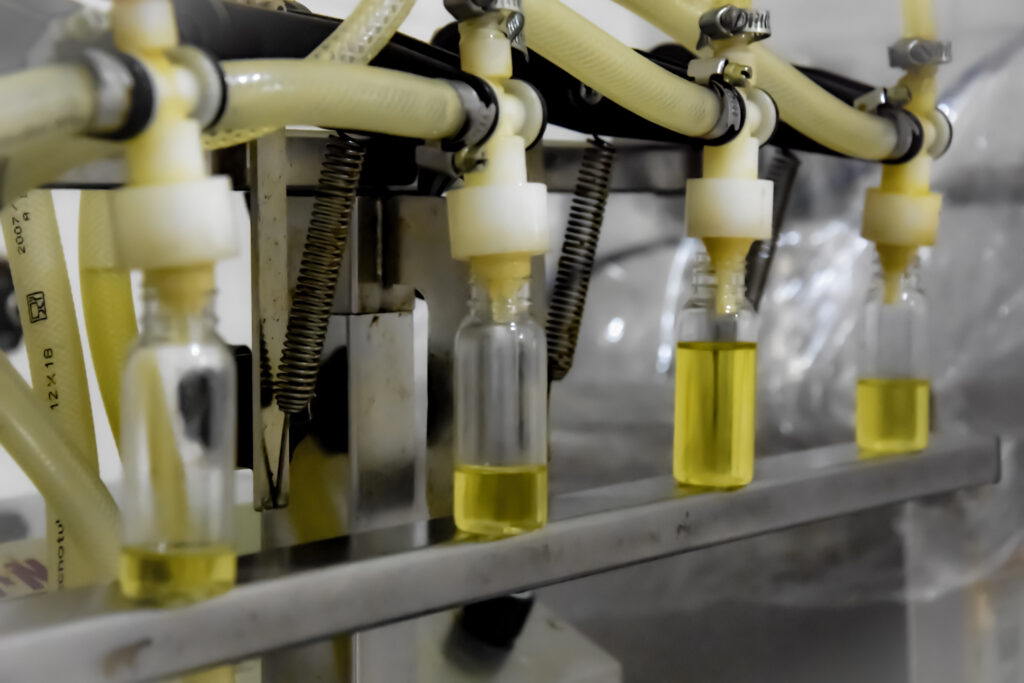Regulations & Best Practices for International Trade
Argan oil export has gained global acclaim for its myriad benefits, and its export potential has become a key growth driver in the natural products market. In this article, we explore essential export regulations and best practices that enable producers to reach international markets successfully. Furthermore, we discuss product characteristics, advantages, differences from other products, pricing insights, benefits, quality, originality, user reviews, and my personal opinion. Ultimately, you will learn how to navigate the complexities of international trade in the argan oil industry.
Introduction: Why Exporting Argan Oil Is Critical
To begin with, exporting argan oil opens up new revenue streams and expands market reach. Moreover, global demand for organic and sustainably sourced products is rising steadily. As a result, adhering to international regulations and following best practices is not only necessary but also a strategic advantage. Consequently, businesses must understand and implement these guidelines to build consumer trust and ensure consistent product quality.
Product Characteristics: Defining Authentic Argan Oil
Authentic Composition and Extraction
- 100% Pure and Natural: Genuine argan oil is produced without synthetic additives. Instead, it is extracted solely from argan kernels.
- Cold-Press Extraction: By using traditional cold-press methods, essential nutrients like vitamin E, omega-6, and omega-9 fatty acids are preserved.
- Organic Certification: Additionally, many exporters secure organic certifications (e.g., USDA Organic, EU Organic), which further attest to the oil’s purity.
Ethical and Sustainable Production
- Fair Trade Practices: Notably, ethical sourcing is ensured by working with Moroccan cooperatives.
- Traditional Methods: Furthermore, sustainable harvesting techniques maintain both product quality and cultural heritage.
Advantages of Exporting Argan Oil
Expanding Market Reach
- Global Accessibility: Firstly, exporting enables brands to reach diverse markets such as Europe, North America, and Asia.
- Increased Revenue: Moreover, premium pricing in international markets often boosts profit margins significantly.
- Brand Credibility: Importantly, adherence to strict export regulations enhances a brand’s reputation and consumer trust.
Strategic Business Growth
- Economies of Scale: In addition, bulk exports allow cost reductions through volume discounts.
- Long-Term Partnerships: Furthermore, reliable trade relationships ensure a stable supply chain, which is essential for sustained growth.
Differences Compared to Other Products
Authenticity and Ethical Standards
- Versatile Use: Unlike many industrial oils, argan oil serves both cosmetic and culinary purposes.
- Cultural Heritage: Additionally, its production is deeply rooted in Moroccan tradition, setting it apart from mass-produced alternatives.
- Quality Assurance: Notably, authentic argan oil is produced with strict quality controls that ensure a higher nutrient content.
Regulatory Compliance
- International Standards: Moreover, exported argan oil must comply with global quality and ethical standards, thereby guaranteeing its purity and authenticity.
- Ethical Sourcing: In contrast, many counterfeit or lower-quality oils do not adhere to these standards.
Pricing Overview: Understanding the Cost Structure
- Mid-Range Pricing: Typically, high-quality argan oil is priced in the mid-range due to its labor-intensive extraction process.
- Volume Discounts: Additionally, buying in bulk often unlocks significant cost savings, making it an attractive option for large-scale buyers.
- Transparent Costs: Importantly, reputable exporters offer clear pricing structures that include certification, shipping, and quality control expenses.
Benefits for Producers and Consumers
For Producers
- Market Diversification: Exporting reduces reliance on local markets and opens up new business opportunities.
- Enhanced Revenue Streams: Premium international pricing and bulk sales contribute to higher profit margins.
- Sustainable Growth: Moreover, compliance with global regulations ensures long-term business stability and brand recognition.
For Consumers
- High-Quality Products: Consumers benefit from argan oil that meets rigorous quality standards and is ethically sourced.
- Trust and Transparency: Certifications and clear export practices build confidence in the product’s authenticity.
- Versatile Applications: Finally, the oil’s dual functionality in both beauty and culinary sectors offers broad benefits.
Quality and Originality
Superior Quality Standards
- Rigorous Testing: Every batch of exported argan oil is subjected to extensive quality checks to maintain high purity and nutritional content.
- Certified Authenticity: Furthermore, organic and fair-trade certifications validate the oil’s quality and ethical production.
- Traditional Extraction: By preserving the cold-press method, the oil retains its original nutrient profile, setting it apart from industrially processed oils.
Unique Cultural Heritage
- Moroccan Tradition: The production process is steeped in cultural heritage, which adds a unique narrative to the product.
- Innovative Export Practices: Additionally, the integration of modern logistics with traditional methods creates a distinctive market offering.
User Reviews

What Industry Experts and Consumers Are Saying
- Alice M., Organic Beauty Brand Owner:
“Exporting our argan oil has enhanced our brand image, and the international certifications have boosted customer trust.” - James T., International Trade Expert:
“The quality and authenticity of our argan oil are evident. Adhering to global regulations has opened up exciting new markets for us.” - Sophia L., Health & Wellness Blogger:
“I appreciate that the argan oil I use is ethically sourced and certified. It makes me confident in the product’s benefits.”
Personal Opinion
In my opinion, How Argan Oil Export: Regulations & Best Practices for International Trade offers a comprehensive look into the global export process. I am impressed by the balance between traditional extraction methods and modern regulatory compliance. Furthermore, the ethical and sustainable practices adopted in the industry enhance product authenticity and consumer trust. I believe that by following these best practices, producers can successfully penetrate international markets and achieve sustainable growth.
Conclusion: Embrace the Global Potential
To conclude, exporting high-quality argan oil is both a challenge and an opportunity. By adhering to international regulations, ensuring ethical production, and leveraging competitive pricing strategies, producers can unlock new markets and drive growth. Ultimately, the benefits extend to both businesses and consumers, fostering a global network built on quality, authenticity, and sustainability. In short, embracing these best practices is the key to successful argan oil export.
Invest in your export strategy today and experience the global potential of premium, ethically sourced argan oil. Let your business thrive in the international market while upholding the highest standards of quality and sustainability.




